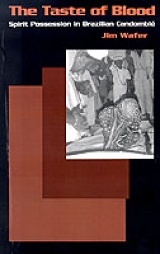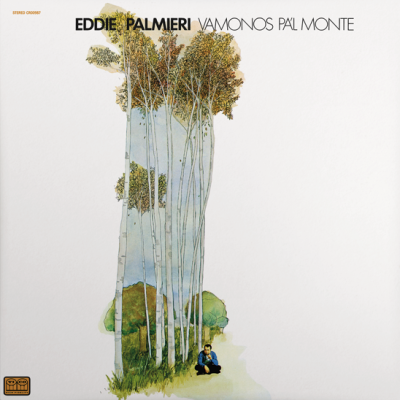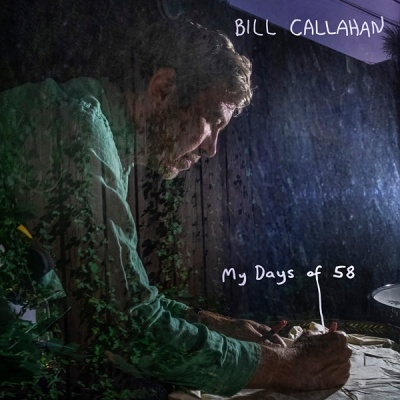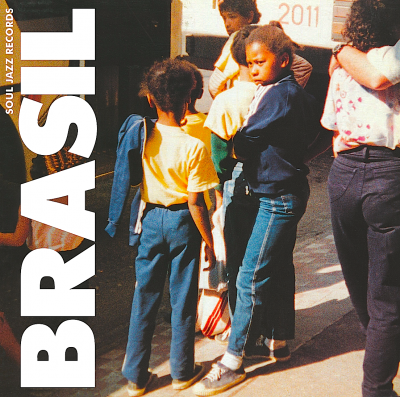
- Original Book (350g) 9780812213416£15.00Second-hand USA paperback copy, sticker on backSold out Notify me when in stock
Candomble, a religion that traces its origins to West Africa, has become a major cultural force by adapting itself to the realities of contemporary Brazil. Spirit possession is an important feature of the rituals of this religion, and it also plays a significant part in the everyday lives of its adherents. The fact that Candomble is an essentially oral tradition means that it is difficult to understand if one attempts to separate it from the particular individuals who embody it.
Accordingly, this study takes the form of a series of interlinked narratives that present the religion through the words, passions, actions and interactions of members, both spirit and human, of a small Candomble community on the outskirts of the city of Salvador da Bahia. The analytical commentary that is woven into these narratives focuses on the negotiation of boundaries within Candomble. The boundary between human and spirit realms has analogies with other boundaries - between individuals, between the sexes, between humans and animals, and between classes.








































